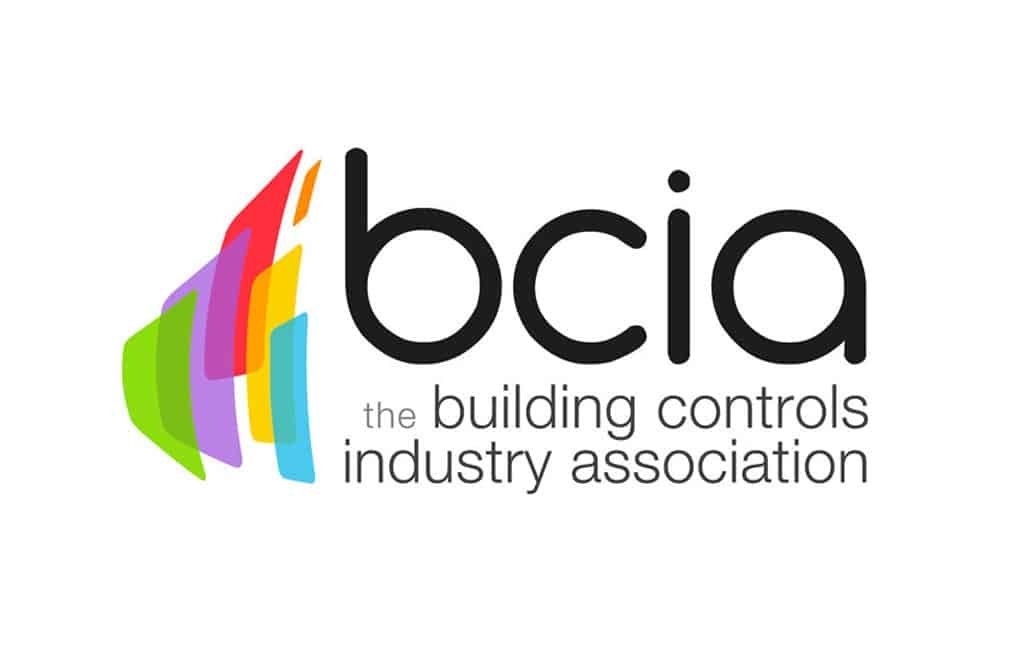BCIA calls for urgent adoption of Class A building controls in UK non-domestic buildings
Following the recent Future Buildings Standard consultation, the Building Controls Industry Association (BCIA) is urging a new Parliament to work with it to prioritise the widespread adoption of Class A building controls in new and existing non-domestic buildings across the UK.
The Future Buildings Standard regulations aim to provide a pathway to highly efficient non-domestic buildings that are zero carbon ready. With sustainability a major focus for the building controls sector and the BCIA aiming to promote the use of controls as key to the operational efficiency of buildings, the organisation has submitted its recommendations during the recent consultation and is calling on a new Government to consider the evidenced impact Building Controls & Automation can have.
BCIA recommendations
One of the biggest factors affecting the Future Buildings Standard is the Part L regulations that look at the conservation of fuel and power in buildings other than dwellings. With that in mind, the BCIA has recommended that guidance for the installation of BACS based on heating, ventilation and air conditioning (HVAC) output should be changed to a mandatory requirement for HVAC systems above 180kW to decrease to 70kW between 2025 and 2030.
This will encourage compliance with energy efficiency and carbon standards. In fact, creating a mandatory requirement will accelerate the uptake of BACS, leading to a reduction in carbon emissions and energy usage. The BCIA estimates that a requirement to install Class A BACS in commercial and public buildings with an HVAC output over 180kW could save a total of £16.9bn in energy bills and 39.6 Mt of CO2e by 2040.
Furthermore, the BCIA is advocating that an occupancy-based Class A controls strategy for new buildings across all necessary building services should be included to drive high levels of energy efficiency. Additionally, heating controls should be part of a wider controls strategy to support all heating, ventilation and air conditioning systems within a building.
With around 80% of current UK buildings still likely to exist in 2050, the retrofit market is crucial to ensure net zero targets are achieved, yet a black hole exists in current UK policy. The BCIA strongly believes in updating Building Regulations with a regulatory timeframe for the mandatory installation of Class A BACS in new and existing buildings, including a clear end date.
As unmaintained controls can often miss opportunities to enhance energy efficiency and carbon emission savings, the BCIA also suggested the introduction of a minimum standard of scheduled maintenance for BACS. Additionally, with buildings using electric technologies for heat and transport often increasing the demands on the National Grid, integrated smart controls should be implemented where possible.
The BCIA also recommended reference and scoring for automatic demand control or networked room automation. This is due to smart controls being able to deliver automated optimisation through a series of functions, such as facilities management, consumption prediction, demand response, energy storage and equipment maintenance.
Occupancy demand-based controls for heating, cooling and hot water parameters should also be considered, especially as heating and hot water accounts for a large amount of energy consumption in non-domestic buildings. Occupancy-based controls often result in lower energy use and a reduction in user energy bills.
The Simplified Building Energy Model (SBEM) is a calculation used to demonstrate the energy performance of new and existing non-domestic buildings. The BCIA is calling for clarification on how building controls are scored within SBEM. In fact, the technology and scoring are not currently aligned with a Class A level of controls, which have a significant energy and carbon saving potential.
The BCIA fully supports the aims of the consultation and the higher energy efficiency and carbon performance of the Future Buildings Standard and is urging a new Government not to allow the consultation to falter.
With the main parties releasing their costed manifestos over the past week, BCIA’s retained public affairs team, Gemserv, have analysed the pledges made and the opportunity presented for the Building Controls industry. You can view the manifesto analysis in the members resource centre here.
Following the General Election on July 4th, the BCIA is inviting the sitting Government to meet with the Association and its members. Doing so will allow them to gain a detailed understanding of how building controls is perhaps the most valuable tool in the box that will, if integrated more clearly in UK policy, make a significant and measurable contribution towards UK PLC’s targets in driving down energy consumption and achieving net zero.
We are also asking all members to write to their MP to request a meeting so that we can increase the visibility of the Building Controls sector with elected representatives. Members will have received a template letter and contact information to assist with this.
